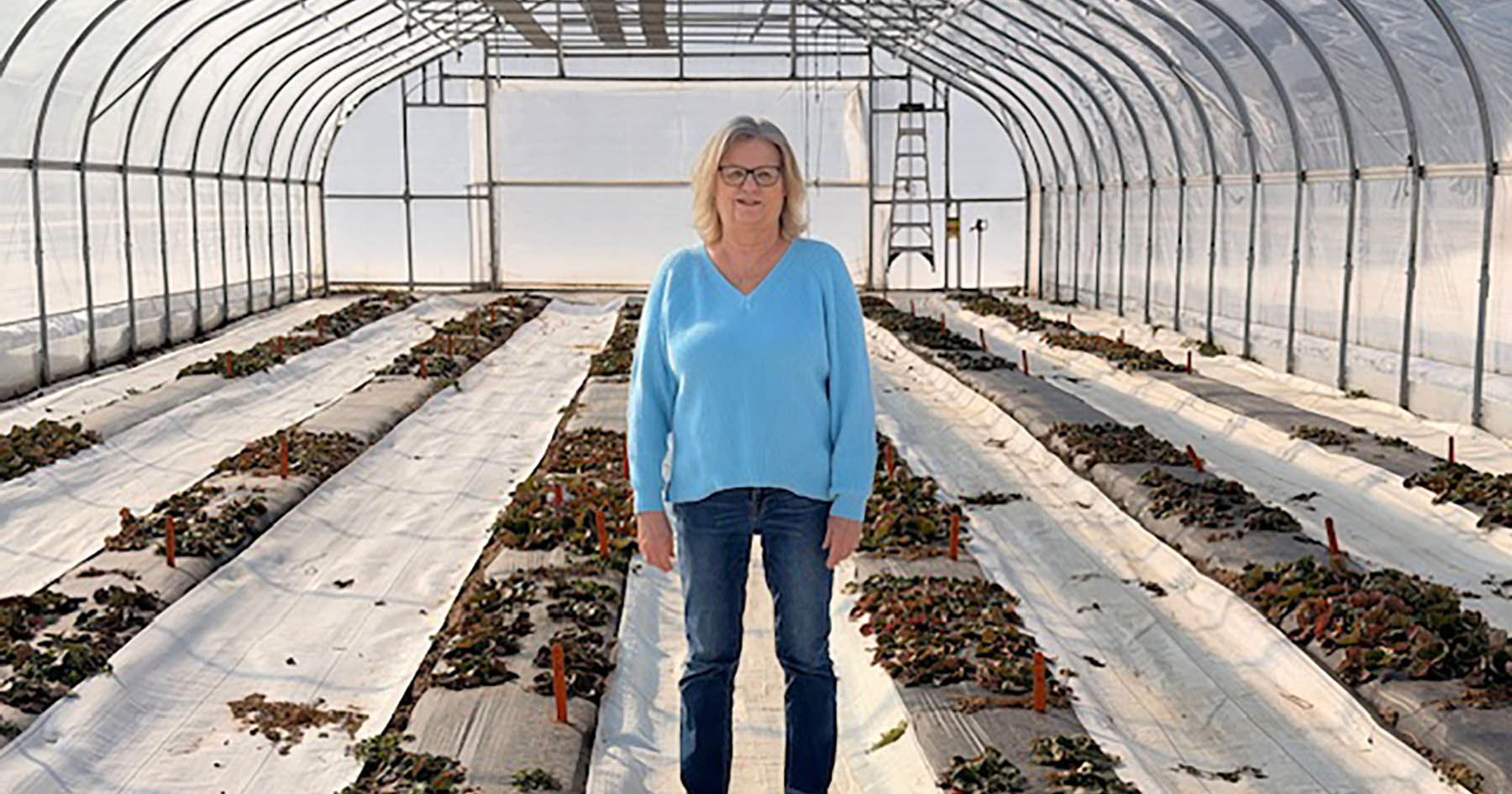Mycologist Aime receives Purdue Agriculture Research Award
Mary Catherine Aime, professor of botany and plant pathology at Purdue University, has been named recipient of the university’s 2017 Agriculture Research Award for her significant contributions and excellence in research to agriculture, natural resources and quality of life across the globe.
The award is presented annually by Agricultural Research at Purdue to honor an outstanding mid-career faculty member.
Aime studies all aspects of fungi from genomics to pathology, including their biodiversity, complex systems and interactions with other organisms in their environment. She has spent more than15 years combing regions in Guyana and other tropical forests worldwide, discovering and naming newfound species, and studying their ecologies.
“Aime’s research continues to bring into focus the relationships between the microbial world and higher plants, combining exploratory field work with modern tools that can now tell the story of unsolved mysteries about plant and microbe interactions.” said Karen Plaut, senior associate dean for research and faculty affairs in Purdue’s College of Agriculture.
The award brings $10,000 for Aime’s program in the Department of Botany and Plant Pathology along with a $1,500 honorarium and plaque, which Aime will receive during a presentation this fall.
“I’m very appreciative of this award and grateful to the college, especially since my lab studies have so many facets of fungal biology and the results often are not immediate,” Aime said. “For instance, my lab has been studying the poorly known yeasts in Basidiomycota for decades, but it wasn’t until last year that we discovered that some of these form a third partner in lichens. These findings could have a significant impact in other areas, such as the utilization of lichen-produced secondary compounds in medicine, for example.”
Another research focus is the phytopathology and epidemiology of fungi that cause disease on tropical tree crops. Aime’s research has impacted crop owners in some of the poorest parts of the world where the diseases of cacao (chocolate) and coffee crops can economically devastate entire communities of small shareholder farmers. A long-term study that mapped genotypes of a particularly virulent disease of cacao is now being employed to help retrace the source of a new invasion in Jamaica that occurred earlier this year.
Some results can be used more immediately, Aime said. “Through fungal genomics and utilization of collection data, we continue to untangle the life cycles of more than 8,000 species of rust fungi known in the world and provide identification tools for these. This information is used at our Plant and Pest Diagnostic Laboratory, where diseased plant samples can be sent for diagnostics.”
As quoted in Envision magazine, Aime describes herself as being “In love with asking the questions,” and says her newest interest is trying to decipher the evolutionary history of rust fungi - obligate pathogens that cannot exist outside of a host and display what may be the most complex life cycles in all biology.
“Are they complex because they’re speciose, or are they speciose because they’re complex?” Aime wonders. “Today we have access to better genomic tools and methods to finally start to tackle these types of questions that mycologists and pathologists have been grappling with for centuries. I am very fortunate.”






